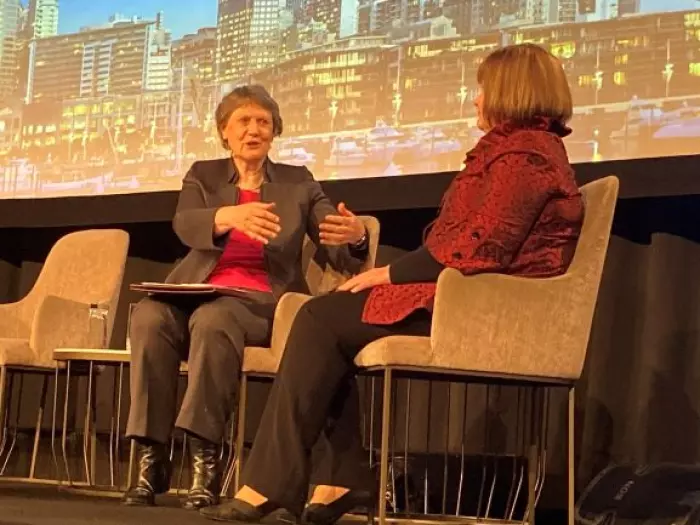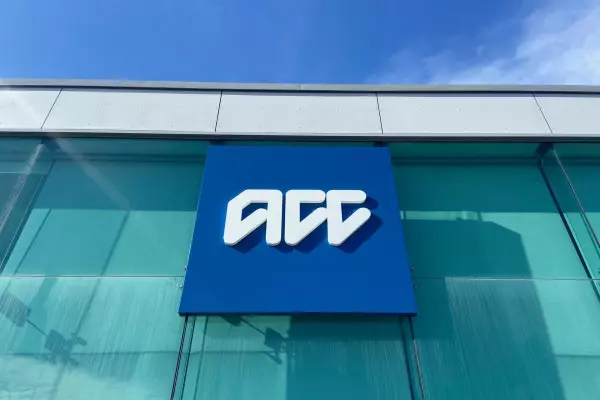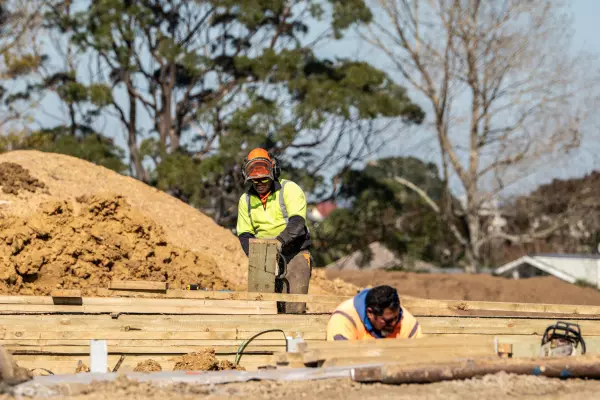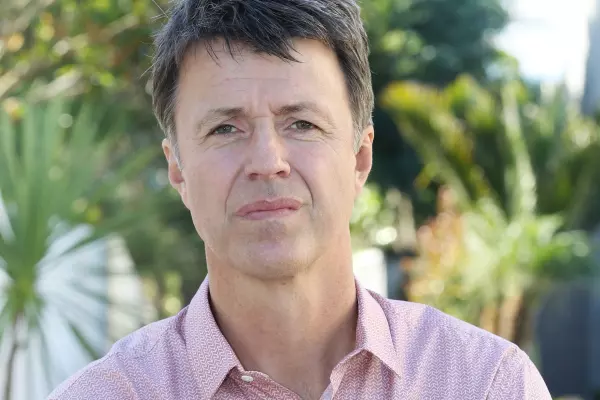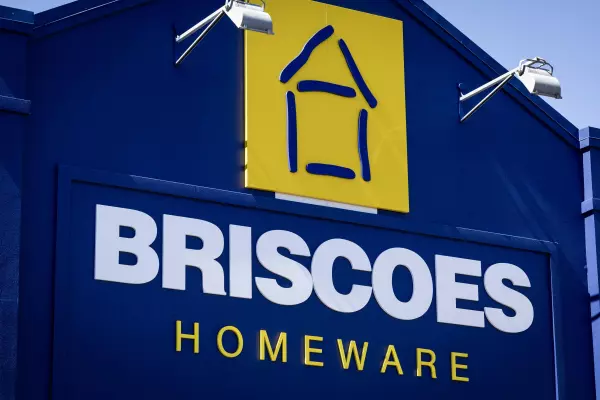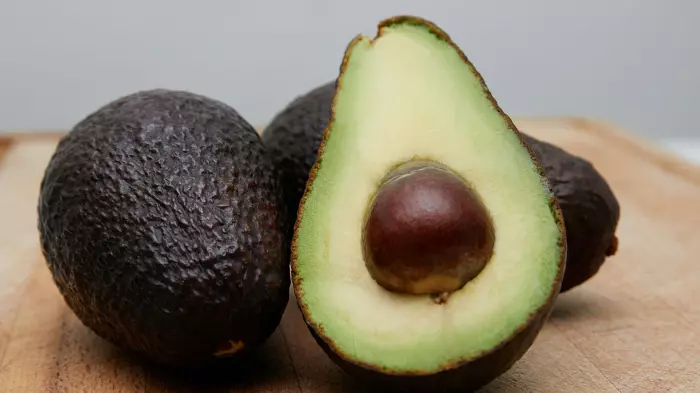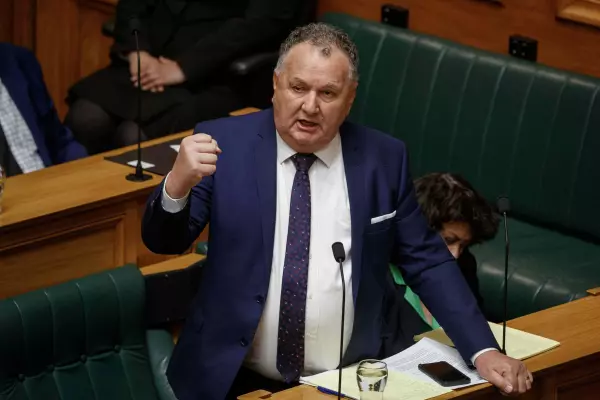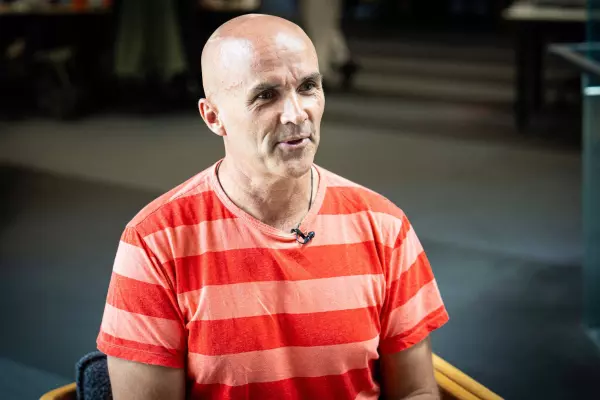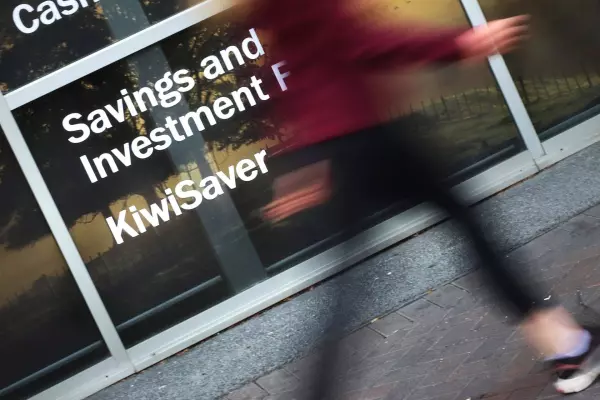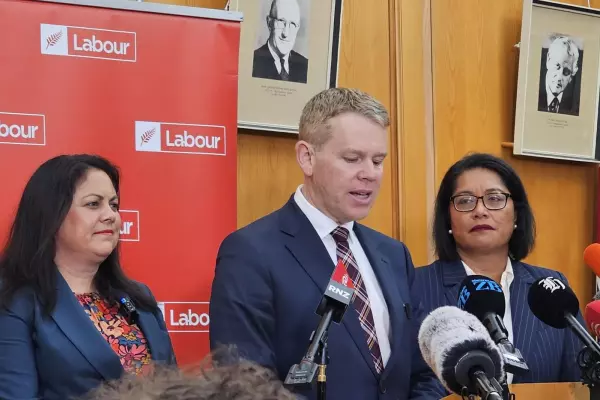Are foreigners allowed into New Zealand?
It seems to be an obvious no. The borders are essentially closed. Only returning New Zealand citizens and residents are permitted in before being shut into hotels repurposed as quarantine facilities for a mandatory 14-day stay.
There have been exceptions.
Some film workers have been entering the country. Some 50-odd who are part of James Cameron’s long-gestating Avatar sequels are among more than 200 film studio contractors approved entry on the basis they would meet their own quarantine and self-isolation costs.
There was no such red carpet rolled out for the five people Screentime New Zealand executive director Philly de Lacey had applied to the Ministry of Business, Innovation and Employment to allow in from sister company Stephen David Entertainment.
De Lacey told the Auckland Tourism, Events and Economic Development’s (ATEED) crisis summit she’d twice been shot down when seeking critical worker exemptions for employees of a production company with a decent track record of making television series in NZ.
150 jobs go begging
The reason for the knock-back? De Lacey couldn’t say other than she’s been told “you are not the scale of Avatar”.
Many productions, de Lacey says, aren’t Avatar-sized. In fact, most of them aren’t.
De Lacey says the production NZ has now missed out on would have brought a spend per head of $800,000, about the same as Avatar, she says.
Put more bluntly, for those five workers denied entry, NZ will miss out on 150 jobs.
Studio quitting NZ
Stephen David is now pulling out of NZ. Screentime is in the process of selling the company’s sets and props; it's selling property and what can be shipped out is heading to Ireland.
There was currently no clear criteria from the Government about who a critical worker is, de Lacey says. But you can infer that if you work for James Cameron on Avatar or on the Lord of the Rings TV series, you’re probably in.
De Lacey’s example shows how we could tweak our border settings to allow in small numbers of specialists from targeted industries who would bring real economic benefits to NZ. She is not talking about thousands, or even hundreds of workers. Just a handful.
But our quarantine system isn’t geared up to cope. Air New Zealand has had to cut flights to match capacity.
Fix the choke point
Fixing this choke point, former Prime Minister Helen Clark says, is critical to New Zealand’s economic recovery.
There was no reason, in principle, that we couldn’t let skilled workers in, she says. There was no reason that we couldn’t let the international students back in, in principle.
There is a new reality for us to face.
As Clark also pointed out at the summit, covid-19 could become endemic.
And even after covid, what next? These diseases “are going to keep coming,” she warns.
It is natural in this scenario to be risk averse.
John Key was back banging his familiar drum in the morning session: let in the students and let the universities deal with the quarantine; let in the wealthy and they will build houses and spread philanthropy across the land (for a few weeks of the year).
There is revulsion towards the idea of a flood of people coming in; and that the private sector should be allowed to run its own race to contain covid.
De Lacey says no one wants open slather. But we do need to let people in. She says Hollywood, and US networks, insist on having at least a few key people in the country with the production. An executive or two, a big name star.
That’s not a lot, she points out, for close to 200 local jobs. They will pay. We just have to work out the how.
Quarantine at scale
NZ Initiative economist Eric Crampton says everyone expects that the pandemic has at least another year to run, and probably longer, so the quarantine system has to be strengthened and scaled up.
He says rather than deciding which foreign visitors are worthy of a space in managed isolation, the government should be focused on training the workers needed for a substantial expansion in the country’s border capabilities.
Clark says we do need to think about economic growth, and the people we need to help us grow our economy. There is nothing more important than growing that cake, she says, so we can have the social benefits and pay for our health system and education.
Everyone wants to come here. We’re seen as a safe place in a time of pandemic.
We have to seize the opportunity, de Lacey says.
But we can’t while we have a bottleneck at the border.
Without foreign investment, our hands are tied in fighting back against the economic crisis that threatens to envelop us.
We need to untie our hands and work fast. We need to draw up plans, quickly, for how we can allow safe passage into New Zealand that won’t blow our covid-free status with the world.


